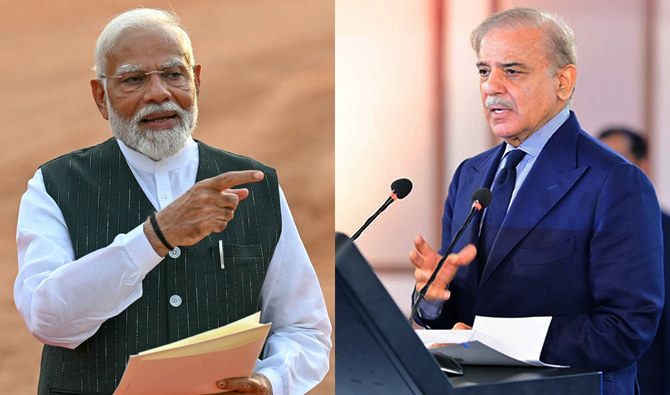New Politics, in a recent analysis, examined the ongoing tensions between India and Pakistan, posing a critical question: Has war become a tool for the ruling elites of both countries to cling to power?

DIDPress: Following April 22, 2025 attack in Pahalgam — a region in Indian-administered Kashmir — which resulted in the deaths of 26 civilians, India’s right-wing Bharatiya Janata Party (BJP), led by PM Narendra Modi, vowed to strike terrorist hideouts in Pakistan. In Pakistan, real power lies with the military — commonly referred to as The Establishment — which has supported Islamist extremist groups since the Cold War, often with funding from the CIA and the West. Despite this history, Pakistan continues to present itself as a victim.
Although a ceasefire is currently in place, the shadow of war continues to loom over both nations.
The purpose of this article is to warn ordinary citizens of India and Pakistan not to fall for the ultra-nationalist rhetoric of their governments. With years of firsthand experience — living in Pakistan and traveling extensively across India — I can confidently say: the ruling classes in both countries either initiate conflicts or simulate them to retain power and deflect attention from their failed promises, just as we saw in Bangladesh last year.
Narendra Modi, who came to power in 2014 with pledges like “Clean India” and “Eradication of Poverty,” has overseen a sharp rise in economic inequality. In 2024, India witnessed its second massive wave of protests by farmers and industrial workers. While millions remain homeless, the country’s richest man, Mukesh Ambani, owns the most expensive residence in the world. Environmental disasters, sexual violence by officials, and widespread hunger paint a grim picture of India today.
Pakistan fares no better. PM Shehbaz Sharif himself admitted that the world views Pakistan as a “beggar state.” Widespread poverty and hunger have led to horrifying incidents, including family members killing each other out of desperation. Religious minorities are under attack, and members of the national cricket team seem more like religious preachers than athletes.
In both nations, feudal-capitalist governments have no real solutions for their people’s problems — except to resort to war. War is profitable for the elite, but its cost is borne by ordinary citizens.
In the years ahead, such conflicts will increasingly serve as distractions from internal failures.
As an Afghan, I appeal to the people of India and Pakistan: do not be deceived by your war-driven leaders. Choose peace — because in every unjust war, the real winners are the elite, and the real losers are always the common people.
Say No to All Unfair Wars Around the World!